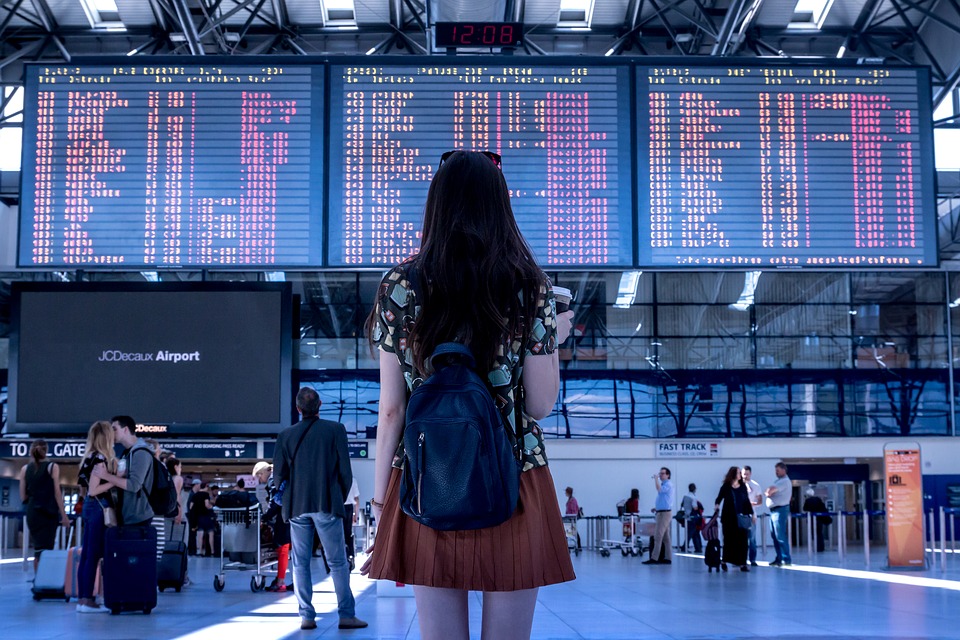International Women’s Day and Female Business Travellers

For International Women’s Day, Solace Global wanted to celebrate the fact that female business travellers are becoming more and more frequent. In the US, women now account for nearly 40 percent of business travellers. This number is reflected in the UK and is only going to grow in the coming years. Indeed, we are seeing our own clients having more and more women conducting business trips. These trips vary from short journeys to Europe and cities in the US to more complex journeys in Africa or to Asia. This is only good for businesses globally!
Given the large numbers of female travellers across the globe, it is important that companies ensure that they take into account the unique threats that female travellers can face in certain countries. As such, while female and male preferences and habits and are not that dissimilar when it comes to business travel, the type of threats they can face can have a significant impact on the enjoyment, and the success, of the business trip; not to mention the safety of the individual.
There is no escaping that there will always be an element of risk when travelling regardless of who the traveller is; male or female. However, as long as a person and their company are aware of the risks that they may face, there is no reason that anyone should not conduct an enjoyable and safe trip.
This is important because the last thing travellers want to do while on a trip is to be constantly worrying and making continued threat assessments about their surroundings while doing what she actually came to do: meet clients, make a presentation or close an important deal.
There are a number of things that both travellers and company risk managers can do to ensure that female business travellers can conduct their business safely and successfully. These include preparation before and actions during their journeys.
Advice for the travellers
- In the majority of cases, common sense precautions, such as avoiding travelling alone after dark in unfamiliar places and watching your drink at the bar, will keep you safe.
- Do not be too trusting, do not accept food or drinks from strangers or be accepting of lifts.
- If the hotel receptionist verbally announces your room number or puts you in an inappropriate location, such as a ground floor room or at the end of a dark corridor, feel free to ask for an alternative room.
- Ensure your hotel has double-locking doors and that both work before unpacking.
- Consider carrying doorstop, or a device such as a DoorJammer, to provide an extra security for your room.
- Research your destination before you travel, be aware of the safer areas, the places to avoid and any other things to look out for.
- Be aware of the cultural sensitivities in the country you are visiting. For example, reporting sexual assault in the United Arab Emirate can result in the victim being detained and even charged.
- Cultural sensitivities can extend to how you dress, whether or not you should initiate handshakes and even the length of eye contact.
- Ensure that someone knows where you are travelling to; be this friends, family or work colleagues. Additionally, ensure that you check in regularly with this person.
- Certain hygiene products can be difficult to buy in some countries; it is advisable that, where possible, you bring your own.
Advice for travel managers
- Travel managers already know they need to focus on safety as more women travel for business; however, this needs to translate into specific changes to travel policies.
- Global travel policy should reflect the diversity of your travellers; different locations and different travellers will all have varying risk profiles which should all be respected.
- Companies should be able to account for their employee’s whereabouts; this is especially true in more high-risk locations.